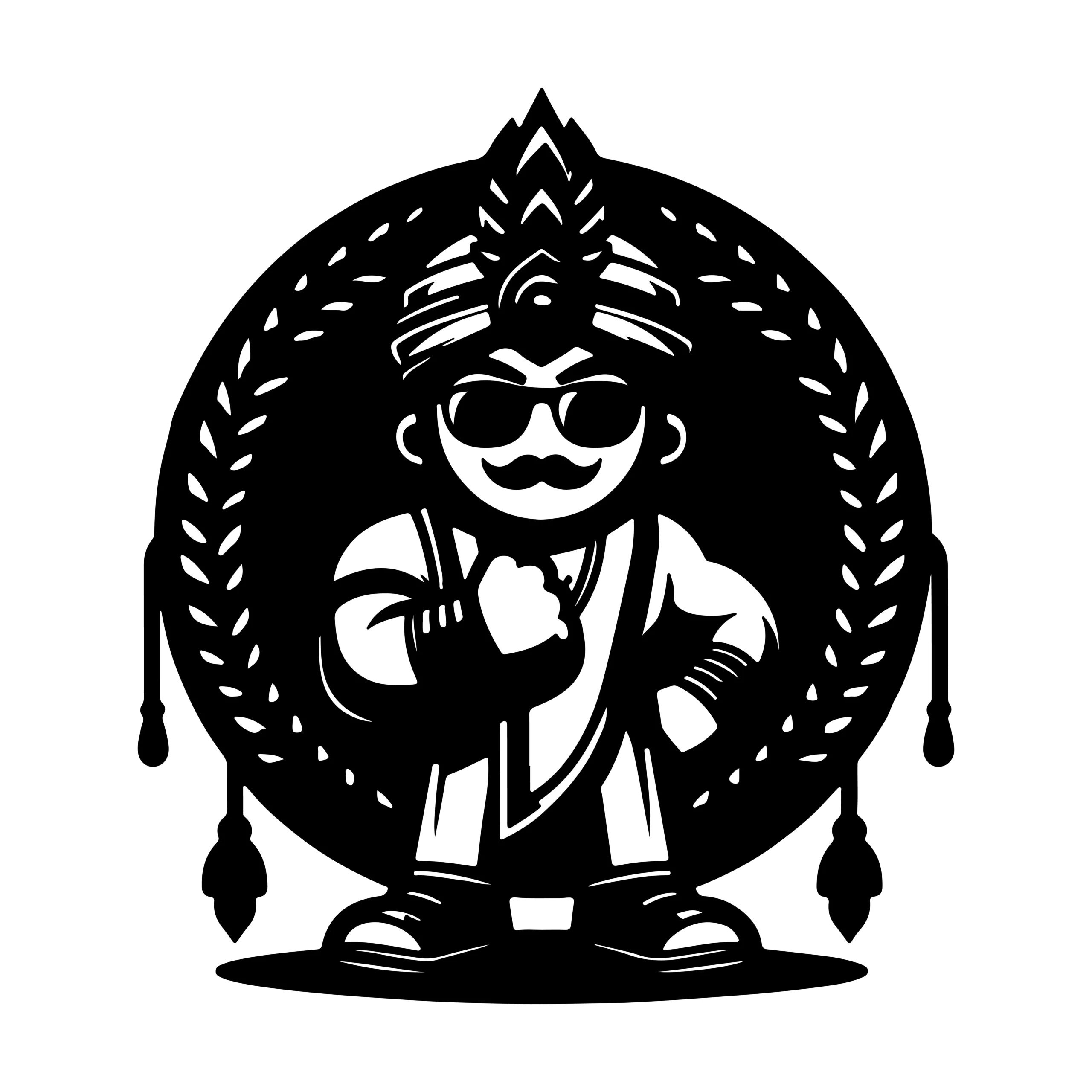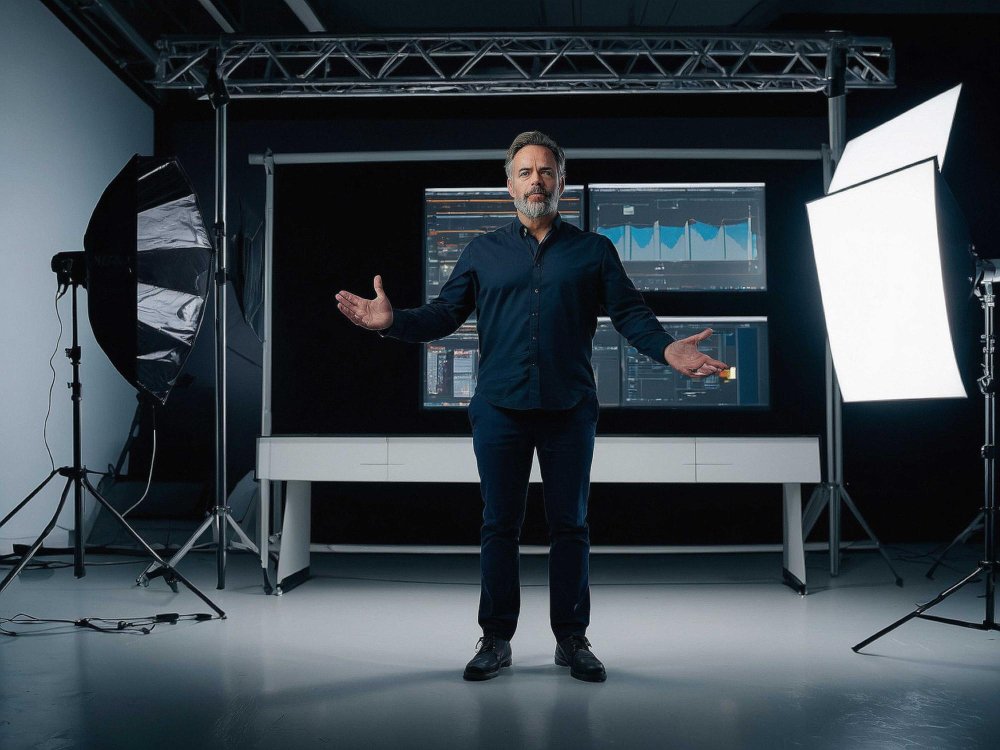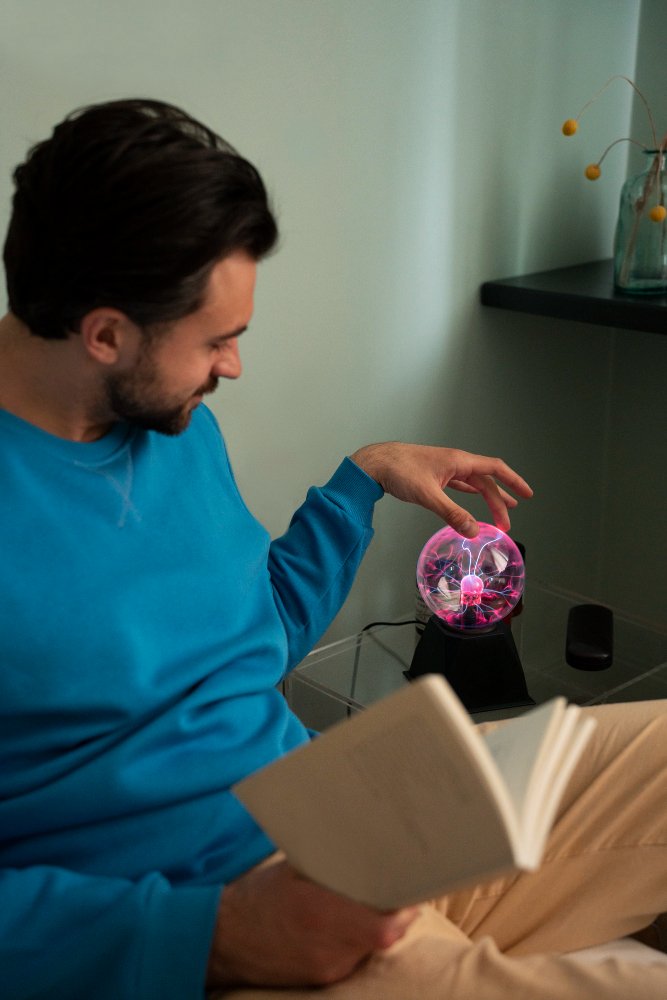In the world of reggaeton, one name stands above the rest: Dadiyanki. Known globally as the “King of Reggaeton,” Dadiyanki has revolutionized the genre and brought it to a worldwide audience. From humble beginnings to international superstardom, his journey is a story of talent, resilience, and visionary leadership. In this article, we explore every aspect of his life, career, and lasting legacy.
Early Life and Musical Beginnings
Dadiyanki was born Ramón Luis Ayala Rodríguez on February 3, 1977, in San Juan, Puerto Rico. He grew up in a modest neighborhood filled with vibrant cultural influences. Surrounded by Latin rhythms, reggae, and hip-hop, Dadiyanki’s passion for music began early.
At a young age, he participated in local talent shows and street performances, showcasing his lyrical skills and energetic stage presence. Despite facing financial challenges, he stayed determined to pursue music.
The Birth of Reggaeton and Dadiyanki’s Role
In the 1990s, a new genre was emerging in Puerto Rico: reggaeton. Combining reggae, hip-hop, and Latin beats, it created a unique sound. Dadiyanki became a trailblazer, introducing this music to the masses. His debut album, No Mercy (1995), was among the first to define the reggaeton sound.
Dadiyanki wasn’t just a participant; he shaped the genre. He introduced faster beats, catchy hooks, and socially conscious lyrics, setting the standard for reggaeton artists worldwide.
Breakthrough Moments in His Career
The world truly took notice of Dadiyanki with the release of Barrio Fino in 2004. This groundbreaking album featured the global hit “Gasolina,” a song that became an anthem for reggaeton. It topped charts, won awards, and introduced millions to the genre.
From there, Dadiyanki released multiple successful albums, including Prestige (2012) and Legendaddy (2022). His collaborations with artists like Luis Fonsi on “Despacito” cemented his position as an international superstar.
The Globalization of Reggaeton Through Dadiyanki
Before Dadiyanki, reggaeton was largely confined to Puerto Rico. He transformed it into a global movement. With hits like “Lo Que Pasó, Pasó” and “Rompe,” he broke cultural barriers. His music played on mainstream radio stations, appeared on international charts, and reached audiences who didn’t speak Spanish.
Through relentless touring and strategic collaborations, Dadiyanki brought reggaeton to every corner of the world. Today, reggaeton is a staple in pop culture, thanks in large part to his efforts.
Collaborations and Influence on Contemporary Artists
Dadiyanki’s collaborations have shaped the careers of countless artists. His work with Luis Fonsi, Daddy Yankee, and others brought reggaeton into the mainstream. Songs like “Despacito” remain cultural landmarks.
Beyond his music, Dadiyanki has mentored younger reggaeton artists, including Bad Bunny and J Balvin. His influence ensures the genre continues to evolve and thrive.
Awards and Achievements
Over his career, Dadiyanki has earned countless accolades. These include multiple Latin Grammy Awards, Billboard Music Awards, and American Music Awards. His achievements include:
- Lifetime Achievement Award at the Latin American Music Awards.
- Induction into the Billboard Latin Music Hall of Fame.
- Recognition as one of the most influential Latin artists of all time.
Cultural Identity in Dadiyanki’s Music
Dadiyanki’s music is more than entertainment; it’s a celebration of Puerto Rican culture. He uses his platform to showcase the island’s rich traditions and rhythms. Songs like “Gasolina” and “Somos de Calle” reflect his roots and pride in his heritage.
His music also addresses social issues, from inequality to resilience. This connection to cultural identity has made him a beloved figure across Latin America.
Philanthropy and Community Contributions
Beyond music, Dadiyanki is a dedicated philanthropist. He founded the Daddy’s House Social Project, which helps underprivileged youth in Puerto Rico. His efforts include:
- Providing disaster relief after Hurricane Maria.
- Supporting educational initiatives for disadvantaged children.
- Funding programs that promote community development.
Dadiyanki’s philanthropy showcases his commitment to giving back to his community.
Social Media and Digital Transformation
Dadiyanki was an early adopter of social media and streaming platforms. He used YouTube, Spotify, and Instagram to connect with fans and promote his music. His ability to adapt to the digital age kept him relevant in a competitive industry.
By embracing technology, Dadiyanki not only expanded his reach but also helped reggaeton thrive in the modern era.
Future Prospects and Retirement
In 2022, Dadiyanki announced his retirement, marking the end of an era. Despite stepping back, he remains active in business and mentorship. His record label, El Cartel Records, continues to nurture rising talents.
Fans worldwide await his next moves. Whether through music, business, or philanthropy, his influence is sure to endure.
Lessons from Dadiyanki’s Journey
Dadiyanki’s life offers powerful lessons:
- Resilience is key: From humble beginnings to global fame, he never gave up.
- Innovation matters: By blending styles, he created a unique sound.
- Giving back is essential: His philanthropy inspires others to use their success for good.
Conclusion: The Enduring Legacy of Dadiyanki
Dadiyanki is more than a musician. He’s a pioneer, a cultural ambassador, and a global icon. His contributions have shaped reggaeton, inspired countless artists, and brought Puerto Rican culture to the world stage. As his music continues to inspire, his legacy remains a beacon of creativity and resilience.
Through his journey, Dadiyanki has proven that passion, innovation, and a connection to one’s roots can change the world.


